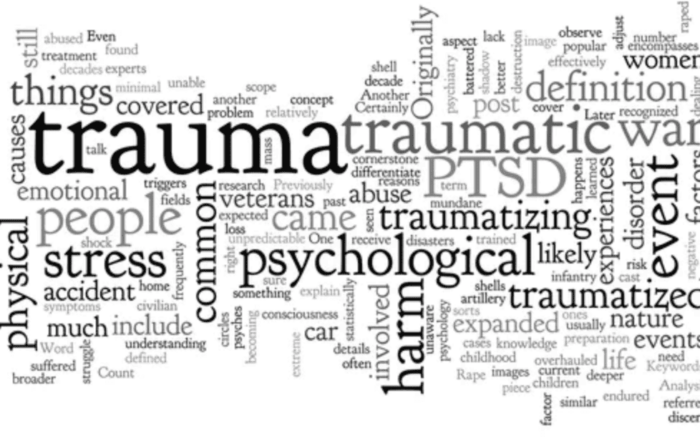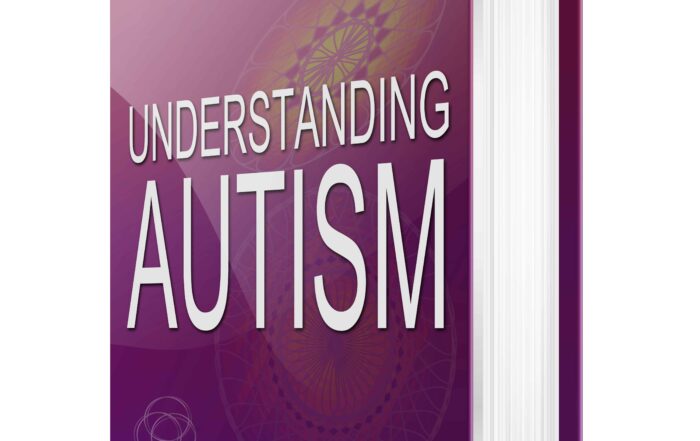This video was developed by treatment professionals at the Johnson Center for Child Health and Development. Print and share the flyer: https://ariconference.com/webinars/support.pdf
Medical visits can be stressful for anyone and individuals with autism often face extra challenges during procedures like blood draws due to communication deficits and sensory issues. Individuals and caregivers can watch this video to learn procedural support tips to create honest, developmentally appropriate communication.
Printable support tips: https://www.johnson-center.org/downloads/pdfs/child-life-tips.pdf
Sexual Victimization in Autism
In this article: Chronic maltreatment and sexual victimization Trauma and quality of life Risk Factors What can we do? A safer future Resources Despite evidence to the contrary, misperceptions of autistic
Stress and Anxiety Reduction with June Groden, Ph.D
Interview with June Groden, Ph.D. Dr. June Groden is considered one of the pioneers in the field of autism and developmental disabilities. Her primary areas of interest are stress and anxiety and procedures
Early exposure to pollutants may alter brain’s development
A new study suggests that exposure to air pollutants before birth and during childhood may lead to alterations in white matter microstructure in the brain. Abnormal white matter microstructure has been linked to
Understanding and Treating Autism: Book Series
A new book, titled Understanding and Treating Sleep Disturbances in Autism, is now available from Jessica Kingsley Publishers. The book is edited by ARI's executive director, Stephen M. Edelson, and past ARI
Transitions from Pediatric to Adult Medical Care
Julie Corder, CNP, and Carrie Cuomo, DNP, CPNP, with the Cleveland Clinic Learning Hospital, discuss the critical stages of transition from pediatric to adult healthcare for individuals with complex medical needs. They
Psychiatric diagnoses are common in young women with autism
Young women with autism are hospitalized for psychiatric conditions at a much higher rate than women without autism, according to a new study. The findings of the study were reported by







